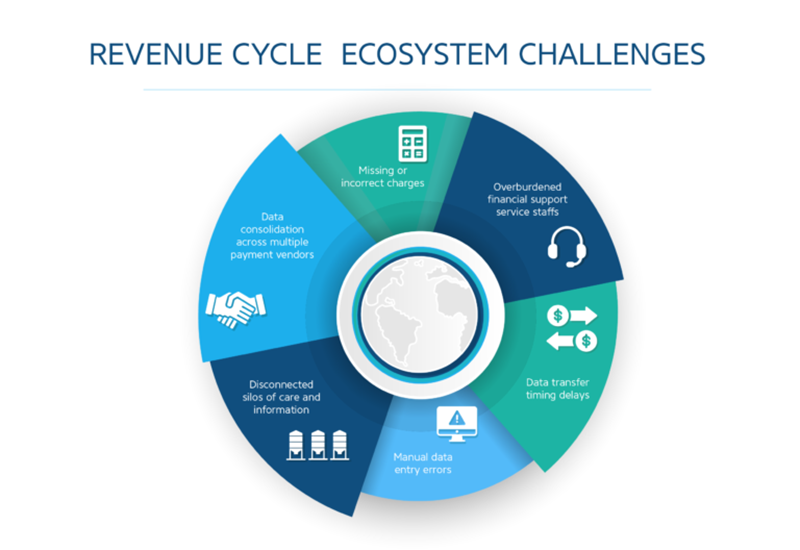Anybody who has ever tried to check into a hospital even for something as simple as a wrist sprain knows how much data the hospital collects before treatment. The management of all that data means that a lot of bytes of very personal information are floating out in the cyberworld and must be managed and protected. And the problem is only going to get worse.
Every day, the world creates 2.5 quintillion bytes of data, according to IBM. Healthcare information accounts for a sizable portion of this data, and numbers will continue to rise. Exploding amounts of medical data, from genomic testing and large imaging studies to billions of payment transactions are ripe for advanced systems analysis.
“When properly harnessed, big data can motivate employees, enhance the patient financial experience, and enrich a hospital’s financial health,” says April Wilson, Vice President of Marketing and Analytics for RevSpring (www.revspringinc.com), a leading provider of consumer communications and billing solutions for healthcare providers.
“Fortunately, new models are now hitting the market that utilize big-data analysis and artificial intelligence to streamline revenue-cycle processes and financial operations. The result is improved patient communications and profits,” Wilson says.
The new systems are arriving as health systems face multiple challenges due to the vast amounts of data contained in electronic medical records and billing systems. Common revenue-cycle-management data issues include:
- Missing or incorrect charges. Charge capture problems can cost up to 1 percent of annual net revenue
- Data consolidation across multiple payment vendors
- Overburdened financial-support-service staffs
- Manual data-entry errors
- Disconnected silos of care and information
- Data transfer timing delays

Courtesy of RevSpring
Hospitals already use AI applications and big data analysis in the areas of insurance pre-certifications, denial predictions and billing code verifications.
Wilson says two areas where AI and data analysis can help healthcare providers are:
- Revenue Leakage. Hospitals typically lose 1 to 5 percent of net revenue due to revenue leakage, when the hospital isn’t reimbursed for services or products. This number is expected to grow with ICD-10, ACA, and increased out-of-pocket payment volumes. New technology can now take billing data (such as attributes in diagnostics, procedures, billing and charge codes) to build a database. From there, it can match present cases with past cases, and examine the variances between them. Once an auditor provides feedback on machine-based recommendations, the system will, in turn, learn and improve. The system can also track auditors, so it can advance the hospital’s front-end processes, in addition to correcting possible errors on the back end.
- Accounts Receivables. Making sure vendors are not sending incorrect statements and charging incorrect rates is a huge issue. Extracting data from the vendors directly (instead of simply using provided vendor spreadsheets and reports) gives hospitals an advantage. It allows hospitals to sort through information about all their different vendors on their own and identify trends. Hospitals can view and compare their vendors’ performance data, such as their screening rates, cycle times, rejection reason summaries, and in-house application summaries from multiple angles.
Taken together, the rapidly improving AI processes and the improvements in managing huge amounts of data will radically improve a healthcare provider’s ability to manage what are currently very cumbersome and difficult tasks. Plus they can make the business more profitable.




